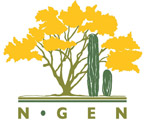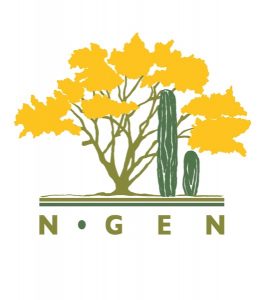
Title: NGO Development
Convenor: Juan Carlos Bravo
Overview of the session:
Session reviewed the roles of citizen organizations and how they have traditionally worked. The history of philanthropy in Mexico was quickly presented and the effect of historical tendencies on current philanthropic ventures. Then key aspects of what makes organizations and how to make organizations effective were revisited. Participants were encouraged to share their experiences incorporating, managing and working for NGOs.
Discussion:
- History
- Personal experiences
- Organized groups of people throughout history
- This goes beyond Non-profit organizations
- Examples were discussed (ejidos, worker unions etc.)
- History of philanthropy n Mexico
- The preponderant role of church and government in philanthropic ventures was explained.
- The legacy of that history was discussed as corruption in governments has generated lack of trust in such ventures and how the church, being naturally averse to change does not make it capable of adapting to all of society’s needs.
- Citizen groups fill this gap but have to recognize this history and how it affects their work
- Community as the origin of the NGO’s power was discussed and examples of participant’s groups were brought forward to address how they could become stronger through engaging their specific communities e.g young scientists.
- The importance of accountability and transparency to this community as a way to generate trust and thus increase empowerment was stressed.
- Examples of the difference of working for the private and NGO sectors were advanced by participants and the benefits of each were shared.
- The Purpose of the NGO as manifest in its Mission and Vision were discussed. The nature of each statement was explained.
- The relevance of Values and Culture to shape the real nature of an organization (Which may or may not be aligned with the manifest objectives and strategy) was explained. The importance of shaping culture over relying on strategy alone.
- The importance of strategy as framed in an Intervention Model and a Strategic Plan was briefly revisited.
- Throughout discussions participants kept coming back to the need to improve fundraising. The importance of being able to convey an articulate and convincing case was explained as a first step for fundraising, the need to change the vision form that of scarcity of funds to that of abundance of resources and the need to adapt to be better able to tap into them was also discussed.
- Peers shared experiences in grant writing and shared some insights to improve young practitioner’s grant proposals.
- The difference between strategic and opportunistic growth was also discussed.
- The lack of professionalism of governance groups (boards of directors) was presented to understand what needs to be done and some resources for improving governance capacities were shared.
At the end of the session a group of young practitioners who are in the process of incorporating new NGOs stayed behind to get more specific insights on the processes and challenges they are going through.


